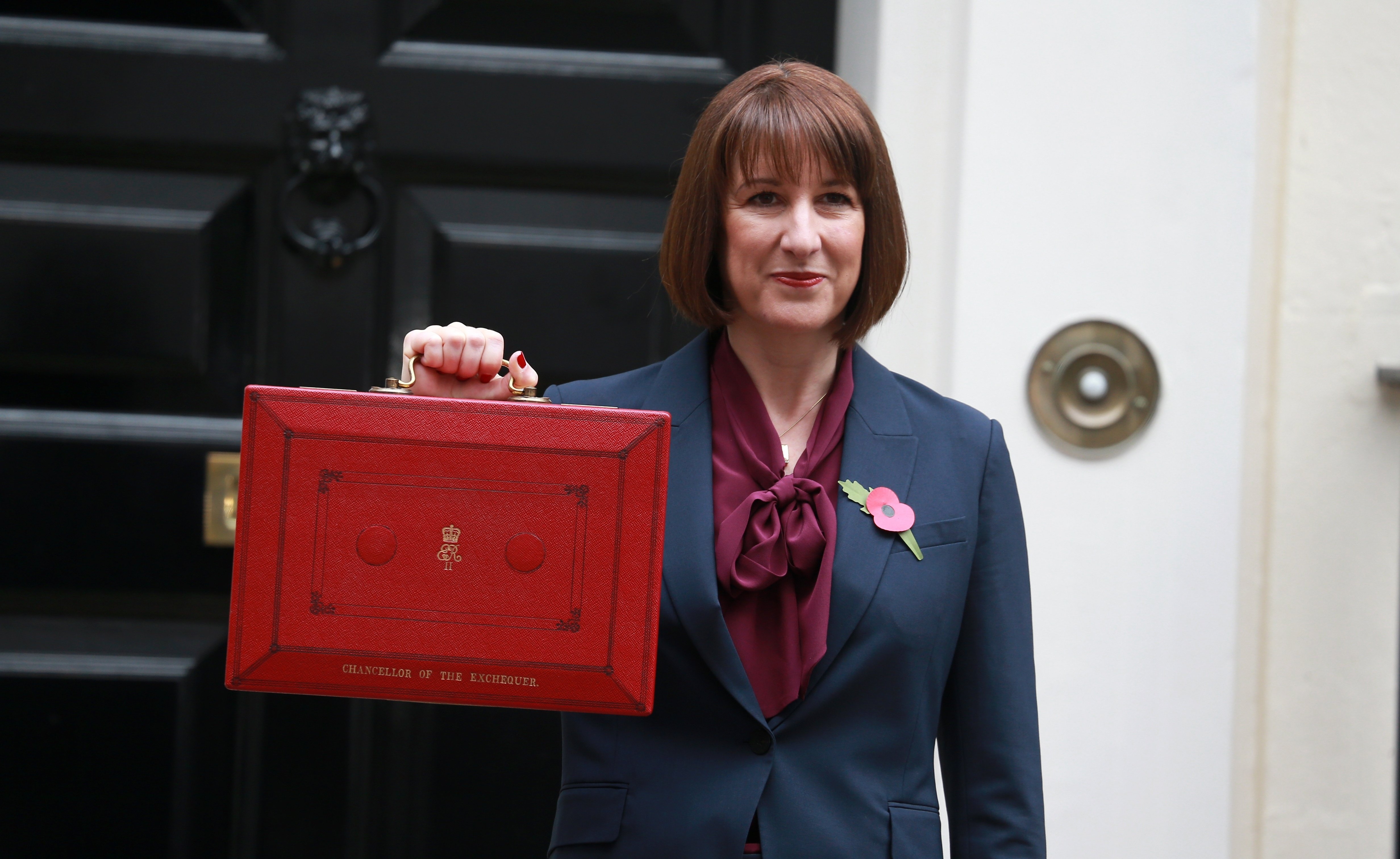What is a Drawdown Pension? Pros and Cons Compared to Annuities

As you approach retirement age, it's important to consider how you'll manage your pension savings. One option that's become increasingly popular in recent years is a drawdown pension. In this post, we'll explore what a drawdown pension is, how it works, and compare its benefits and disadvantages to buying an annuity.
What is a Drawdown Pension?
A drawdown pension can access your pension savings without buying an annuity. With a drawdown pension, you can withdraw money from your pension savings as needed while the rest remains invested. This means you can continue to benefit from potential investment growth.
Benefits of Drawdown Pension
The key benefit of a drawdown pension is flexibility. You can withdraw as much or as little as you need when needed. This can be particularly useful if your income needs vary from year to year. You can also choose how your remaining savings are invested, giving you control over your retirement income.
Another benefit is passing on any remaining savings to your beneficiaries when you die.
Disadvantages of Drawdown Pension
The main disadvantage of a drawdown pension is that your income is not guaranteed for life. If you withdraw too much too quickly, or if your investments perform poorly, you could run out of money. This can be a concern if you live longer than expected or face unexpected expenses.
Another disadvantage is that managing a drawdown pension can be complex. You need to monitor your investments, adjust your withdrawals as necessary, and ensure you're not subject to excessive fees.
Comparing Drawdown Pension to Annuities
An annuity is a guaranteed income for life. You give your pension savings to an insurance company in exchange for a regular income. The main benefit of an annuity is that you have certainty and security in your retirement income. However, you lose control over your savings and may not benefit from potential investment growth.
The decision to choose a drawdown pension or an annuity depends on your individual circumstances and preferences. A drawdown pension may be a good option if you're comfortable taking on investment risk and want flexibility. If you prefer certainty and security, an annuity may be more suitable.
Working with a Financial Adviser
Regardless of which option you choose, it's important to work with a financial adviser. A financial adviser can help you understand your options, assess your retirement income needs, and create a plan that meets your goals. They can also help you navigate complex regulations and ensure you're not paying excessive fees.
At Positive Advisers, we offer expert advice and support for individuals approaching retirement age. Our experienced team can help you make informed decisions about your pension savings and create a retirement plan that gives you peace of mind. Contact us today to schedule an appointment
Our services relate to certain investments whose prices depend on financial market fluctuations beyond our control. Investments and their income may go down and up, and you may get back less than the amount invested. Past performance is not a guide to future performance.

